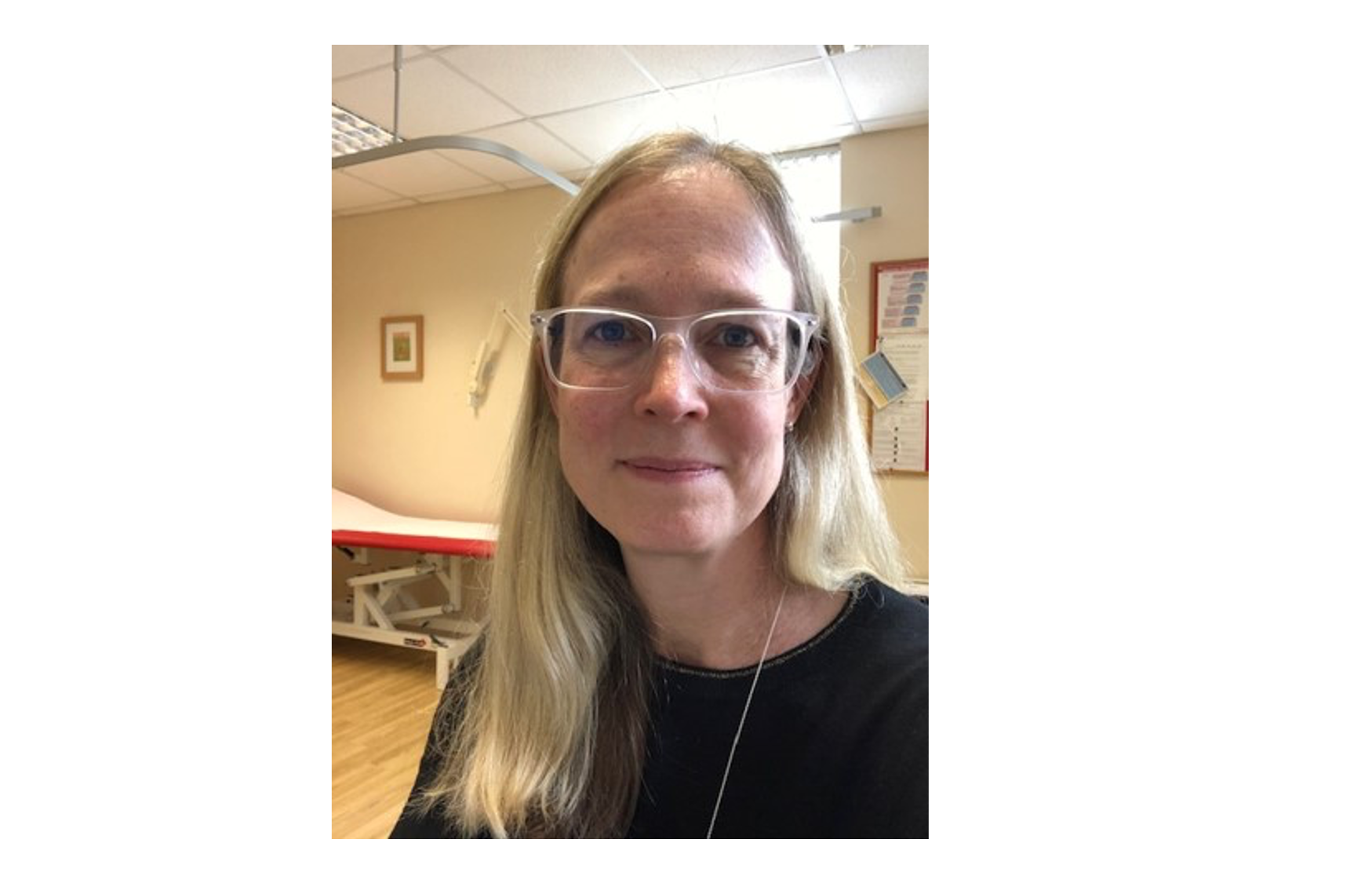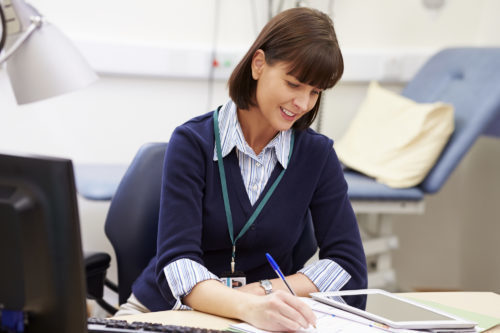Dr Annette Pautz has been a GP at Holmwood Corner Surgery in South West London for 16 years. She is Deputy Chair for the Borough Committee in Kingston, Chair of the Council of Members for Kingston (a group representing Kingston GPs) and is also the clinical lead for community, care homes and respiratory in Kingston for SWL CCG. She believes introducing remote monitoring systems into care homes can have huge benefits both for primary care clinicians and care home residents. More than that, she believes it could be a first step to unlocking better care for larger portions of the population too.
Remote monitoring provides a way for us to effectively and actively monitor our patients in care homes, identify early deteriorating patients and get a much better idea of who needs a home visit urgently. This is particularly important when care homes are understandably trying to reduce the amount of people visiting because of the pandemic. It should also give GPs more certainty around their decision making – it can be difficult for a non-clinical person to describe why they are concerned over someone’s health, whereas the data provided by remote monitoring is in the ‘same language’ the GP uses.
In addition, if general practice has all this data, we can potentially link up with hospital consultants more easily and quickly to discuss a patient’s care. This will provide better and more responsive clinical care for care home patients without them having to wait for GPs or Community Healthcare Staff to do a home visit and then come back and prescribe. I think sometimes the system is a little slow for care home residents and this will provide a much more interactive, responsive service for them which will be better for patients and the care home staff who worry about them. That has to be a real selling point.
Listen to Dr Pautz talking about the benefits for primary care
I know primary care colleagues have concerns about whether these systems will integrate with their existing clinical systems or increase their workloads. That’s why we’ve made sure in South West London that the software which we have chosen will integrate with EMIS, the system which the majority of our GPs use. And rather than roll this out to all GPs at once, we will pilot it with a couple of our GP care home leads first. We’ve had good engagement from them through their PCNs and our hope will be that through the pilot we can identify a good process for monitoring and using the data.
Excitingly, if we can make a success of this in care homes then it opens up the possibilities for how we can look after people who are still in their own homes and move more care out of hospitals and into the community. It would definitely be useful for people with long-term conditions – patients will be able to learn more about their condition and take more control, reducing the need to go to a doctor’s surgery or hospital. It could also help with discharging patients earlier if they can be monitored at home.
Listen to Dr Pautz talking about the benefits for primary care
We have an opportunity now with the pandemic to see if we can roll this out and find a way to share this way of working with colleagues in secondary care. We’re already having virtual MDT meetings and there’s the possibility that the vital signs that are recorded on devices could be expanded to include spirometry, ECGs and ultrasounds. With these it will be vital to have the view of secondary care consultants and allied health professionals like radiographers where we can all see the same data in real time to give advice.
It is clear what we are looking to do with care home is the first step on what has exciting possibilities for how we care for large numbers of people in the near future.
We're here to help
If you’re interested in finding out more you can contact the London Innovation Collaborative programme lead Fay Sibley.
Get in touch
